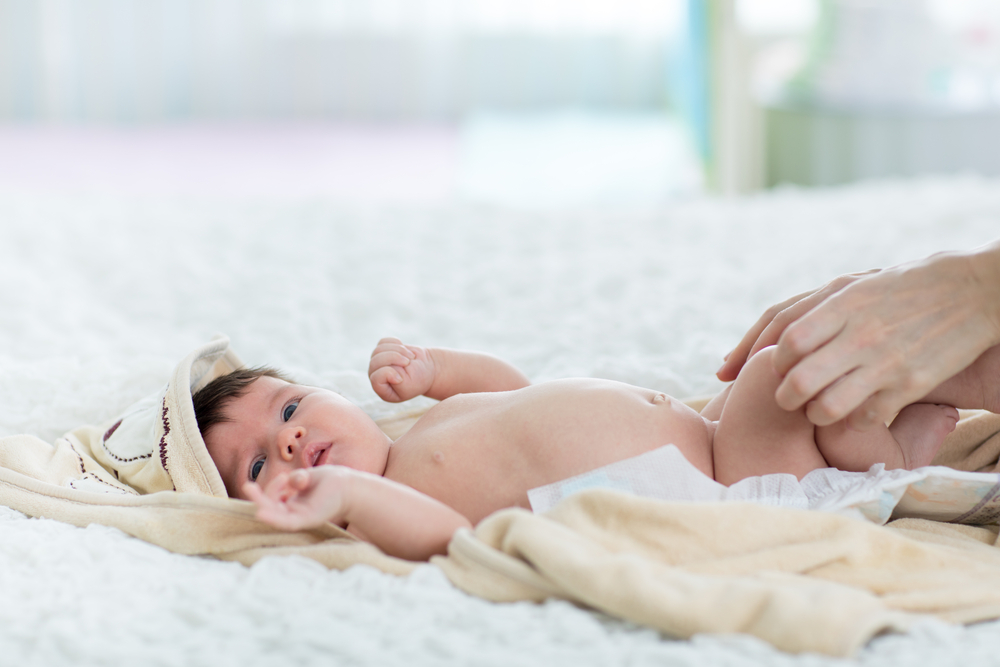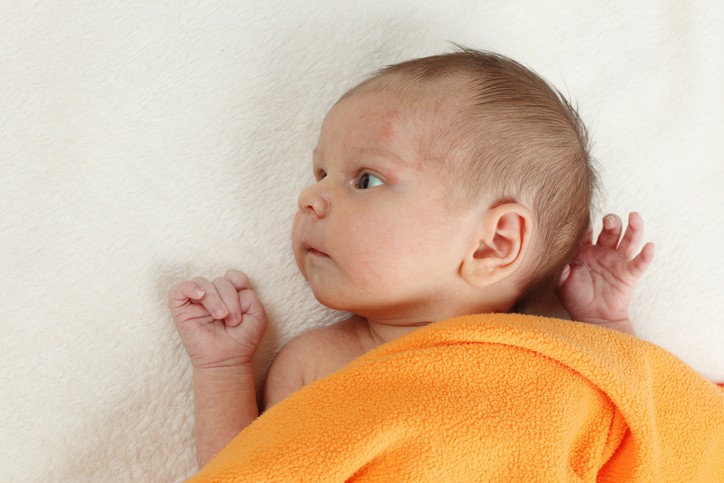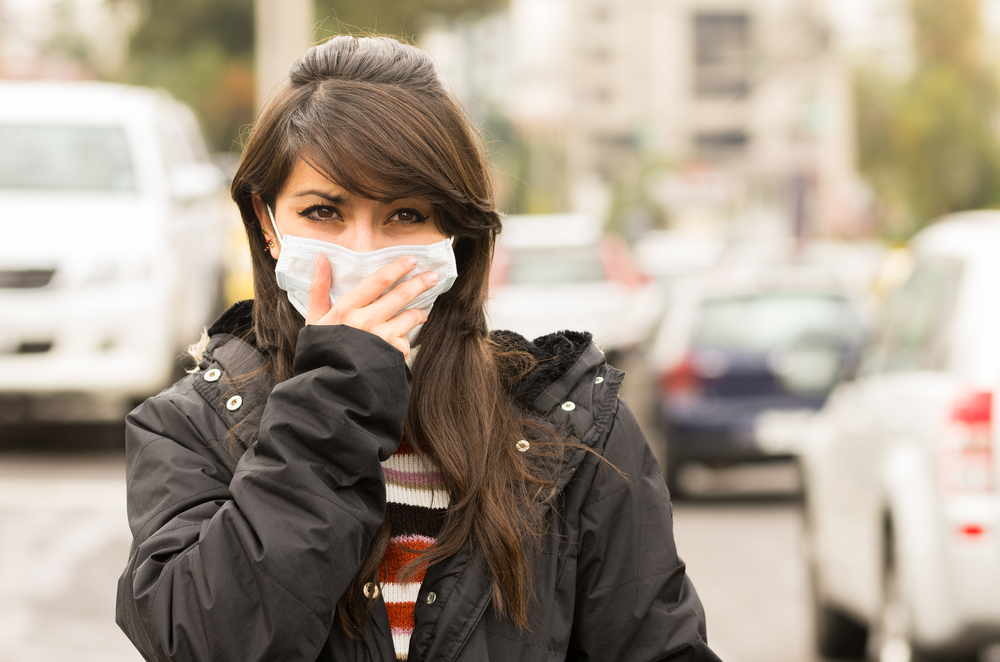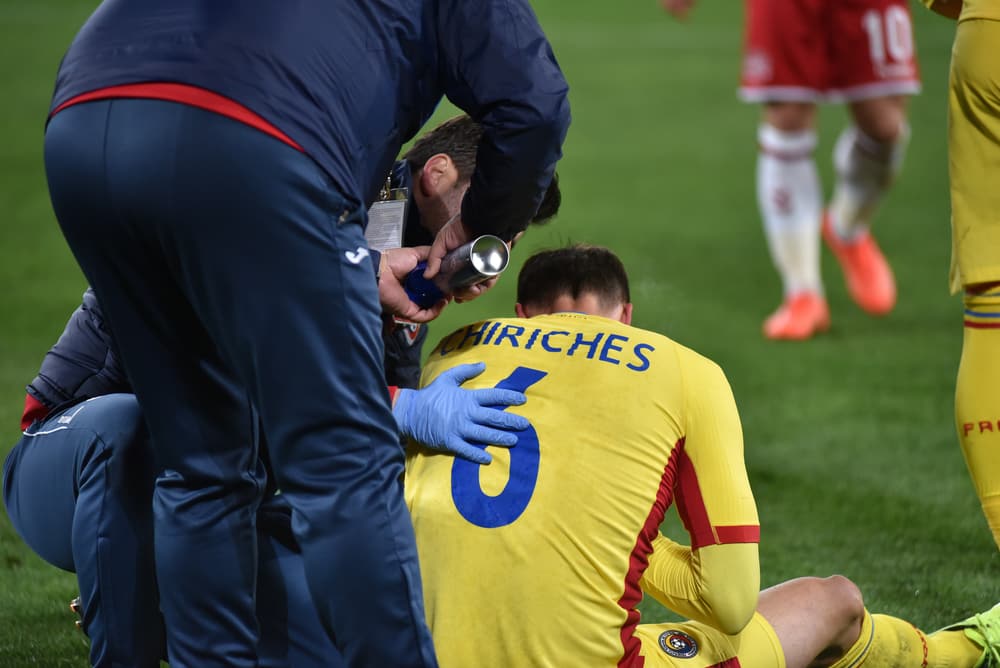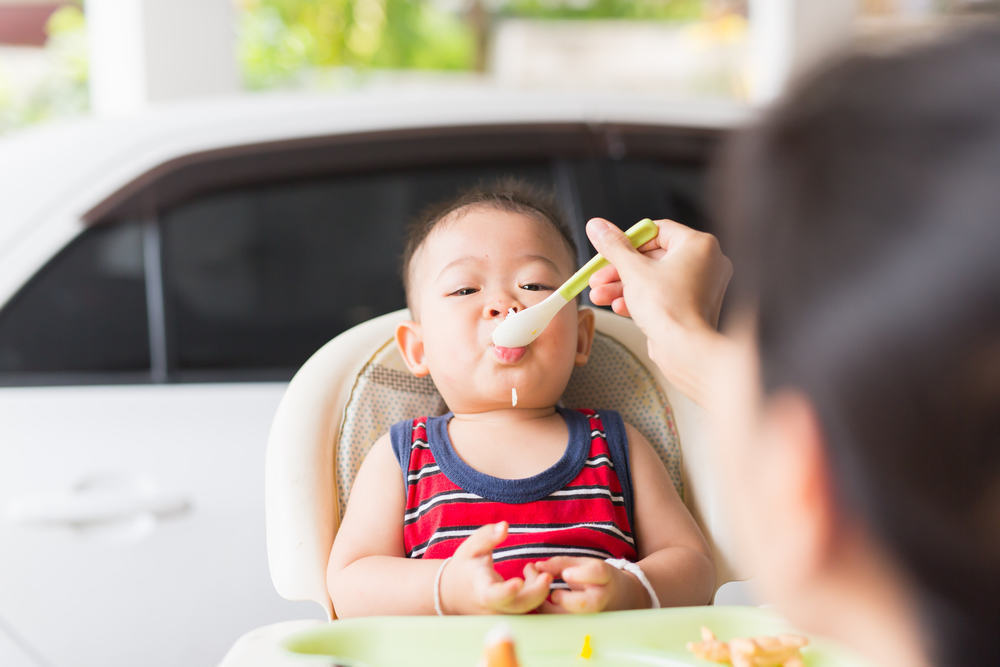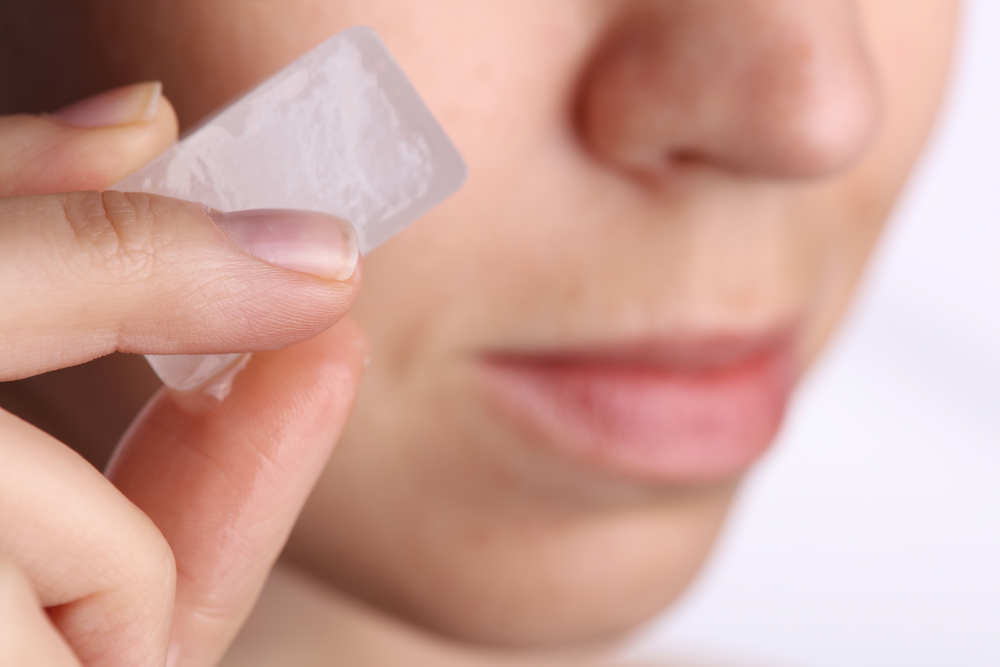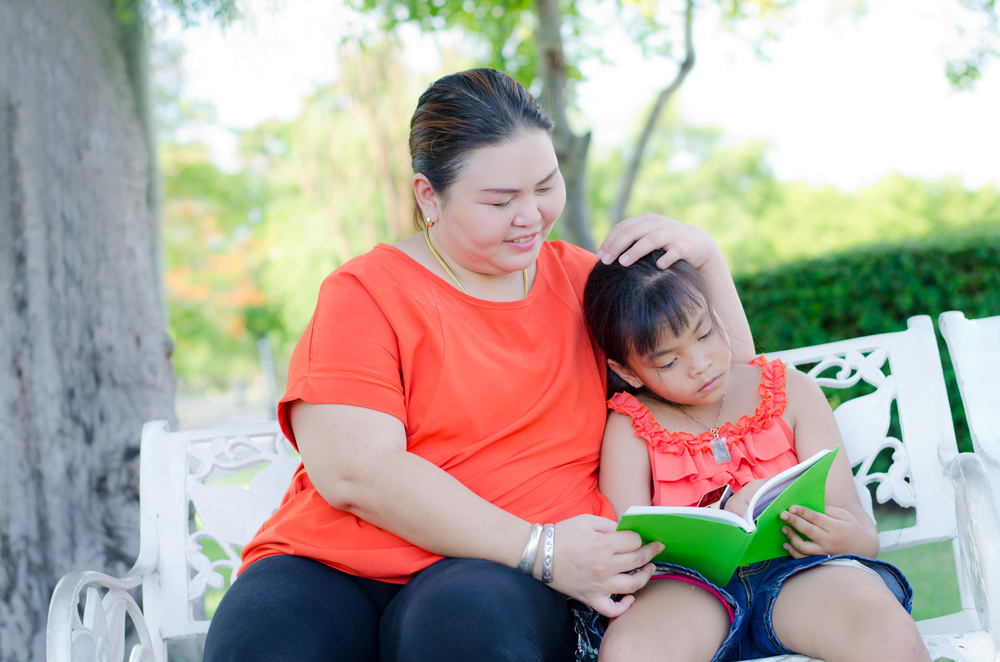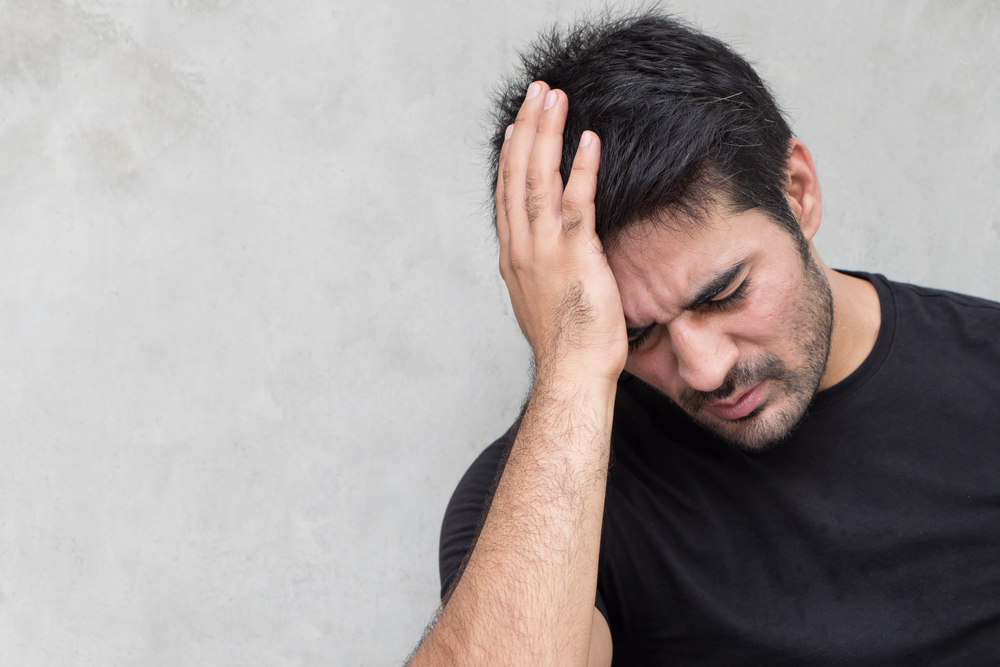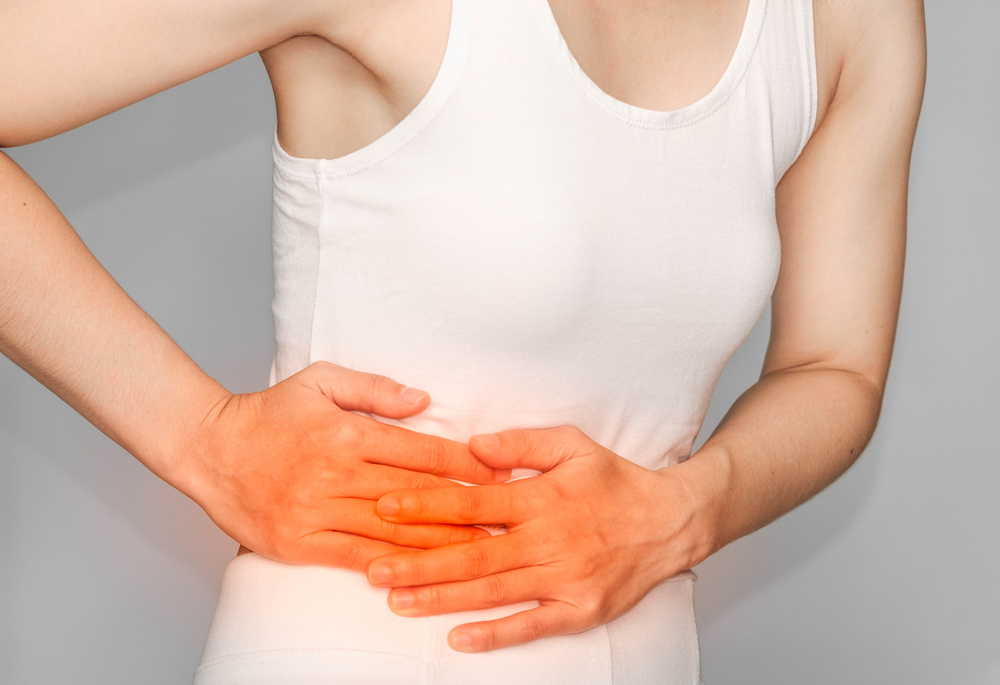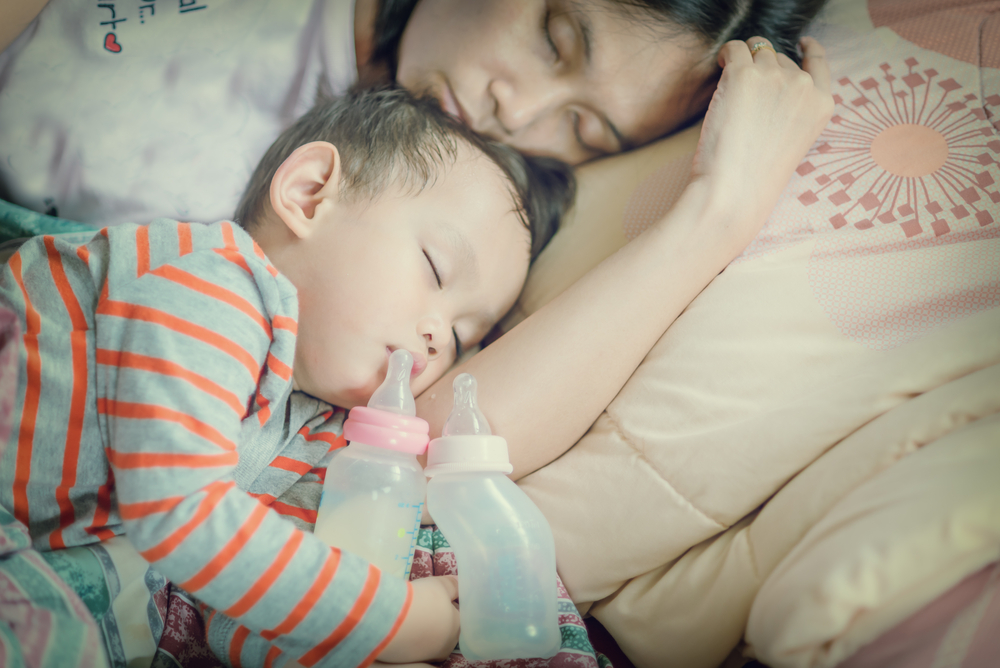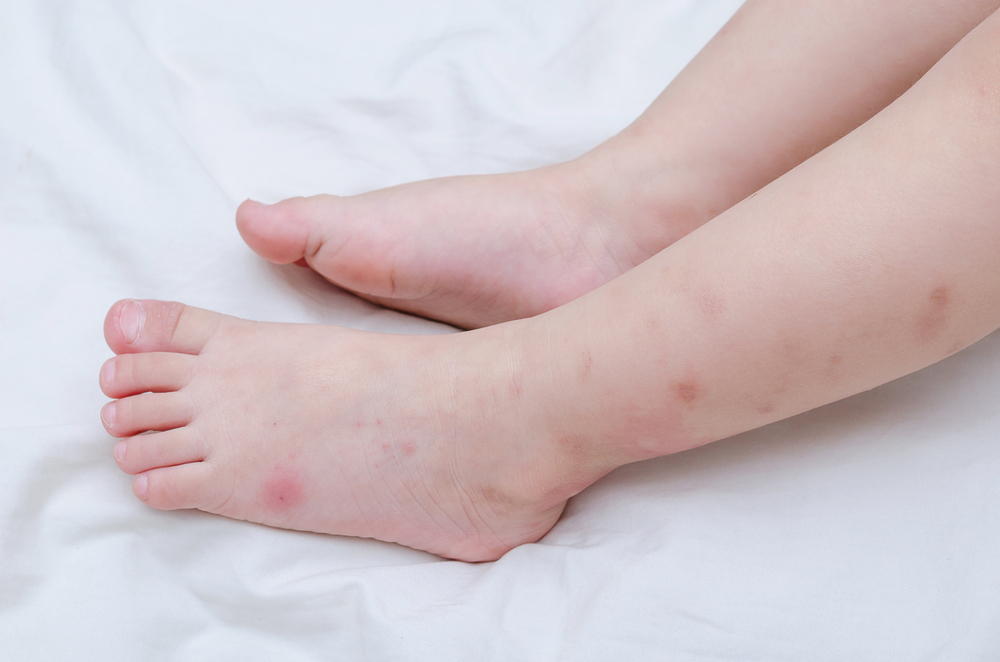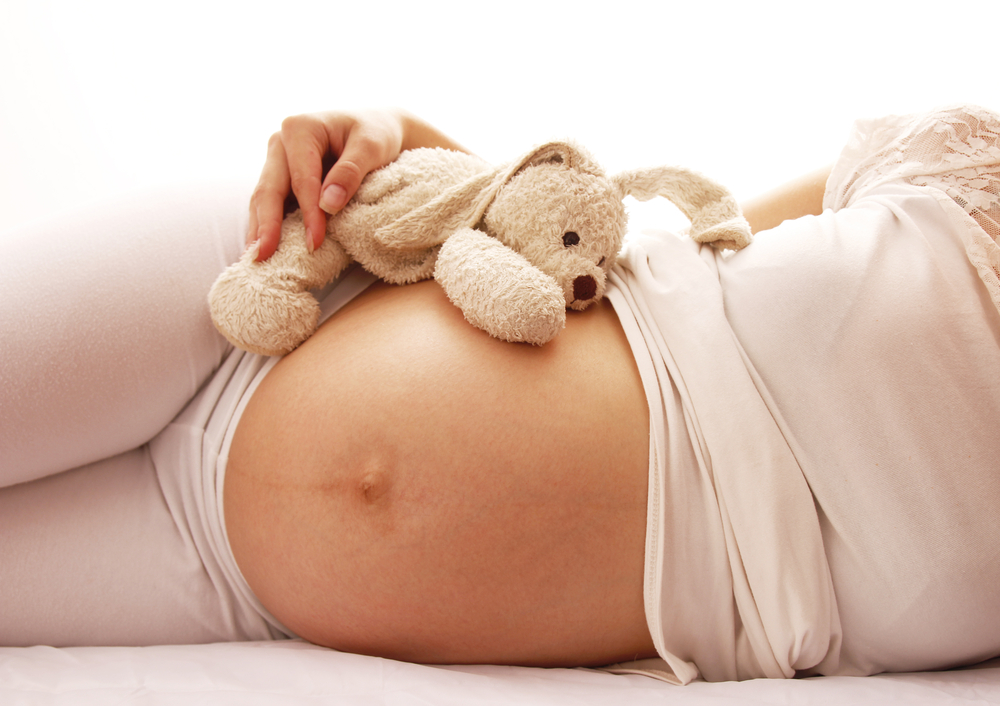Contents:
- Medical Video: Operation Ouch - Alarming Allergies | Immune System
- Difference between babies who are sweat and allergic
- Sign of the baby prickly heat
- Sign of an allergy baby
- When should your child be taken to a doctor?
Medical Video: Operation Ouch - Alarming Allergies | Immune System
Many parents mistake the symptoms of prickly heat with allergic reactions in babies. The symptoms of both are indeed similar, that is, both cause red spots, itch, and make your child become more fussy. So, how do you find out the difference between a baby who has sweat or is allergic to something? Because, both of them require different handling. Check out the answer below.
Difference between babies who are sweat and allergic
Prickly heat and allergies have similarities that make the skin reddish, itchy, and irritated. However, they are certainly caused by different things. If the baby is prickly, it is usually caused by sweat, bacteria, and dead skin cells trapped under the skin. Meanwhile, allergies arise from the response of various allergens that can be food, dust, to baby care products that contain certain chemicals.
How do you distinguish baby prickly heat from an allergic baby? Well, actually these two conditions also show different symptoms. Consider the differences between the two below.
Sign of the baby prickly heat
Some characteristics of prickly heat in infants can be observed with the appearance of several signs such as:
- Redness of the skin
- Itchiness arises (baby is seen scratching his skin or restless)
- Sometimes dry skin appears
Prickly heat usually occurs in the neck, back, armpit, or some other body parts that often sweat more. Because it is caused by the production of excessive sweating and sweat trapped under the skin, the prickly heat in babies often occurs when the weather is hot.
Sign of an allergy baby
There are many things that can cause babies to be allergic, from food, chemicals, to certain things. Signs and symptoms that appear also vary, not only redness of the skin, but:
- Itching on the skin
- Breathless
- Having digestive disorders, such as diarrhea (usually due to food allergies)
- Swelling occurs in several parts of the body
- Cold or sneezing
Of course, this condition will not be affected by the weather. So, it can happen whenever your child is exposed to these allergens. If your child has a number of changes, try to remember what food you gave or he just held what you have. Because, maybe he was allergic to food or objects.
Simply put, the prickly heat is usually not accompanied by swollen skin, runny nose, sneezing, or breathing problems as in the case of allergies. While allergies are usually not accompanied by dry and scaly skin, biduran usually appears reddish.
When should your child be taken to a doctor?
Actually, the prickly heat in the baby will disappear by itself. Especially if the temperature and weather around is not so hot, the baby will feel cool and prickly heat will disappear. When a baby prickles sweat, make sure that he uses clothes that are loose, cool, and absorb sweat. This will reduce the symptoms of prickly heat. If it doesn't improve in a few days, it's best to take your child to the pediatrician.
While if your child has allergic symptoms such as hives, you can usually treat these symptoms with ointment alone. However, if the baby shows other more serious symptoms such as difficulty breathing and swelling, do not delay taking him to the hospital immediately. Allergies in babies can be dangerous if not handled quickly.

